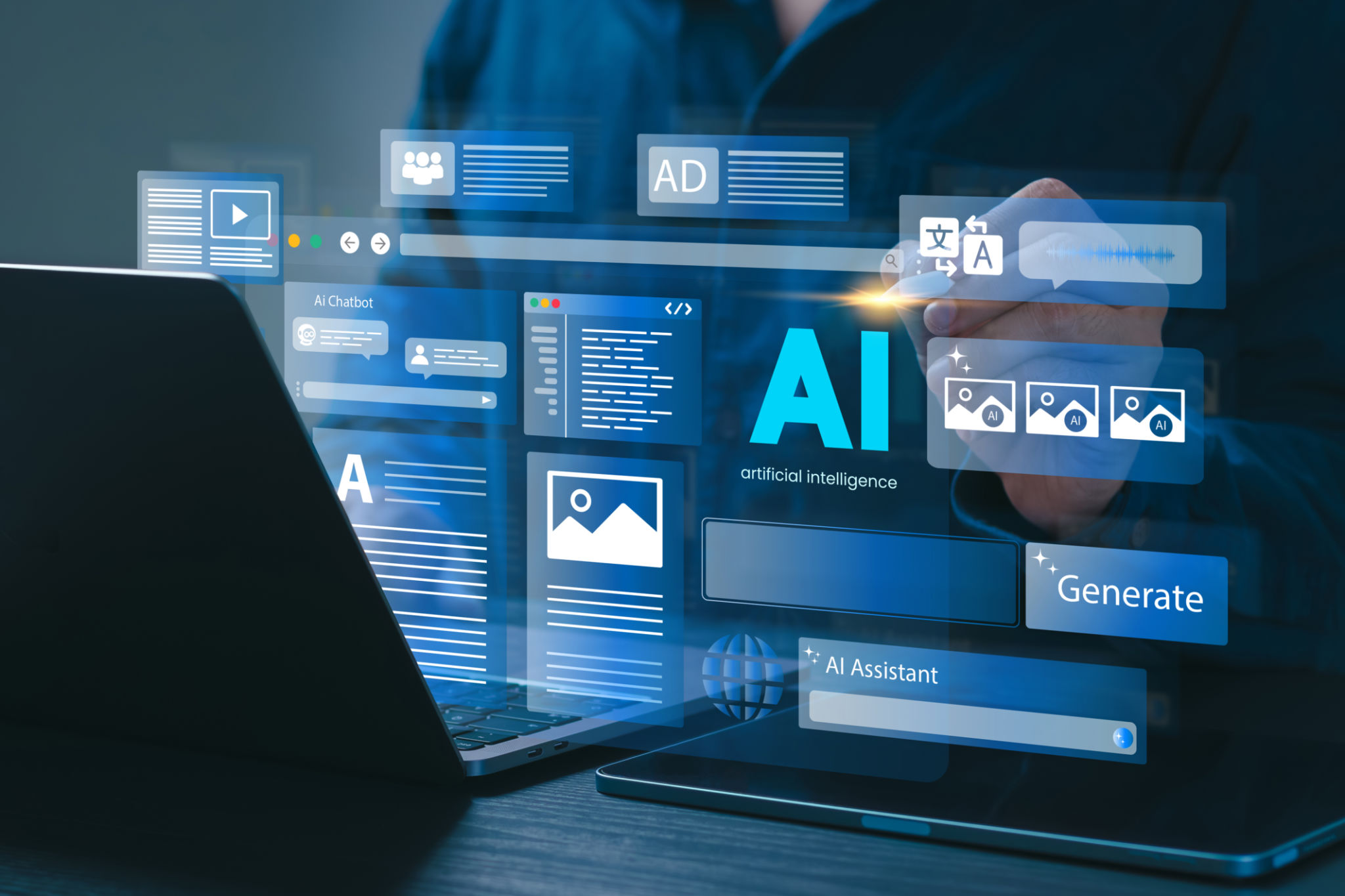Myth-Busting: Common Misconceptions About AI in Content Creation
Introduction to AI in Content Creation
Artificial Intelligence (AI) is revolutionizing many industries, and content creation is no exception. Despite its growing presence, there are numerous misconceptions about AI’s role in creating content. In this blog post, we will debunk some of the most common myths surrounding AI in content creation.

Myth 1: AI Will Replace Human Writers
One of the most pervasive myths is that AI will completely replace human writers. While AI can assist in generating content, it does not possess the creativity and emotional intelligence that human writers bring to the table. Human writers are essential for crafting compelling narratives and engaging stories that resonate with audiences on a deeper level.
AI excels in handling repetitive tasks and data-driven content, but the nuances of tone, humor, and cultural context still require a human touch. Rather than replacing writers, AI tools are designed to supplement their efforts, making the content creation process more efficient.
Myth 2: AI-Generated Content Lacks Quality
Another common misconception is that AI-generated content is inherently lower in quality. While early iterations of AI tools may have produced subpar results, advancements in natural language processing have significantly improved the quality of AI-generated text. Today’s AI tools can produce coherent, grammatically correct, and contextually relevant content.

It’s important to note that the quality of AI-generated content often depends on the data it is trained on and the parameters set by its human users. By providing clear guidelines and quality input, AI can assist in producing high-quality content that meets specific standards.
Myth 3: AI Can Understand Context Like Humans
While AI has made significant strides in understanding context, it still falls short of human comprehension. AI relies on patterns and data to generate text, lacking the ability to fully grasp complex human emotions and cultural nuances. This limitation means that AI might misinterpret context or miss subtle cues that a human writer would naturally understand.
For tasks that require deep contextual understanding and emotional depth, human involvement is crucial to ensure that the content resonates with its intended audience.

Myth 4: AI Is Only Useful for Simple Tasks
Many assume that AI is only suitable for simple or repetitive tasks, but this underestimates its capabilities. AI can perform a variety of complex functions such as generating insights from data, optimizing content for SEO, and even personalizing user experiences by analyzing user data. These capabilities allow businesses to enhance their content strategies significantly.
By leveraging AI for these advanced tasks, content creators can focus on crafting creative and strategic elements, ultimately improving overall content quality and effectiveness.
Myth 5: Using AI in Content Creation Is Too Expensive
There’s a misconception that integrating AI into content creation is prohibitively expensive. While some advanced AI tools do come with a cost, there are also many affordable options available for businesses of all sizes. In fact, using AI can lead to cost savings by automating time-consuming tasks and increasing productivity.
By investing in AI tools, businesses can streamline their content processes and allocate resources more effectively, ultimately achieving better results without breaking the bank.
Conclusion
AI in content creation is surrounded by myths that can deter businesses from leveraging its full potential. By understanding the realities of what AI can and cannot do, businesses can make informed decisions about how to integrate AI into their content strategies effectively. Embracing AI as a tool rather than a replacement allows for more efficient processes and higher-quality outcomes, paving the way for innovation in content creation.